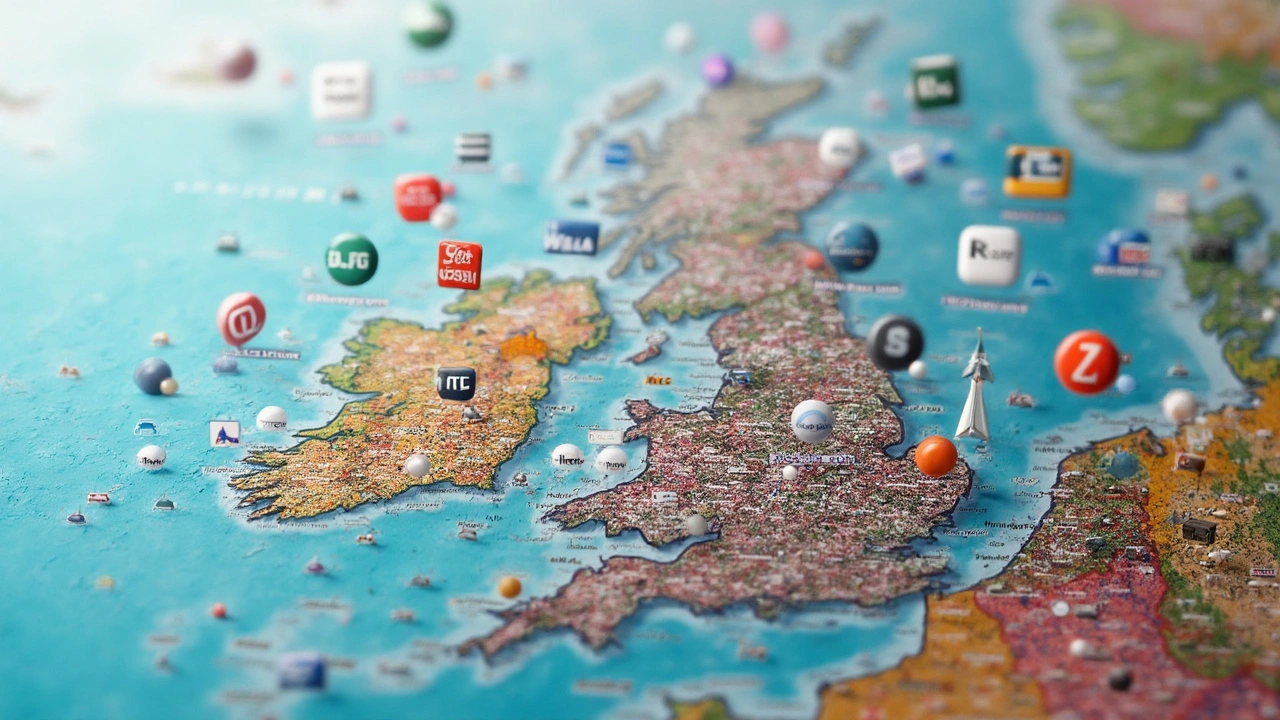Understanding the Global Context Behind Today’s News
Ever wonder why a story in London feels connected to something happening halfway across the world? That link is what we call the global context. It’s the backdrop of history, economics, technology and culture that shapes every headline you read. By spotting these connections, you get a clearer picture of why events matter and how they affect your daily life.
History and Media: From Cave Paintings to Digital News
Think about the oldest forms of media – cave paintings, oral storytelling, early newspapers. Those early ways of sharing info set the stage for today’s 24‑hour news cycle. Articles like “Oldest Surviving Newspaper” or “The Oldest Form of Media” show how humans have always needed a reliable channel to spread news. Understanding that lineage helps you appreciate why a platform like Google News UK filters stories the way it does, or why people still love a printed paper in 2025.
Even the biggest newspapers, like the Financial Times or The Wall Street Journal, carry a legacy that influences their political stance. Posts such as “Is the Financial Times Left‑Wing?” and “Is the Wall Street Journal Conservative?” dive into how ownership and history shape bias. Knowing this lets you read with a critical eye and pick up the facts that matter.
Economics, Technology and the Events That Change the World
Money and tech drive a lot of the news you see. For example, the piece on “What Salary Is £13.15 an Hour?” breaks down how wages impact living standards in the UK. When you combine that with “Living Wage in London 2025,” you see a clear picture of the cost of living and why policy debates matter.
Technology has flipped the script too. “How the Internet Changed the World Forever” explains the digital revolution’s ripple effects – from email to TikTok. This shift explains why social platforms are now top sources for breaking news, as explored in “Which Social Media Platforms Deliver the Most News?” By linking tech trends to everyday headlines, you can predict which stories will dominate tomorrow’s conversations.
Major turning points – think the moon landing, the internet boom, or a global climate crisis – are highlighted in posts like “Decoding the Most Important Day in Human History” and “Global Challenges 2025.” These articles show how a single event can set off a chain reaction that reshapes economies, politics, and culture worldwide.
When you combine history, media bias, wage data, and tech shifts, you get a full‑size view of the global context. That perspective turns a simple news bite into a deeper understanding of why it matters to you, whether you’re checking the latest UK headlines, budgeting your paycheck, or scrolling through social media.
So next time you skim a headline, pause and ask: what history, economics, or technology is behind it? That quick check will give you the global context you need to stay informed and ahead of the curve.

Exploring Alternatives to Latest News UK: From Reuters to More
This article delves into various alternatives to 'Latest News UK,' highlighting their unique strengths and weaknesses. These sources range from big players like Reuters, known for its fact-based and global context reporting, to others that cater to different news preferences. By evaluating each, readers can find the right fit for their informational needs. The goal is to offer a rounded guide to make informed choices in news consumption.
READ MORE